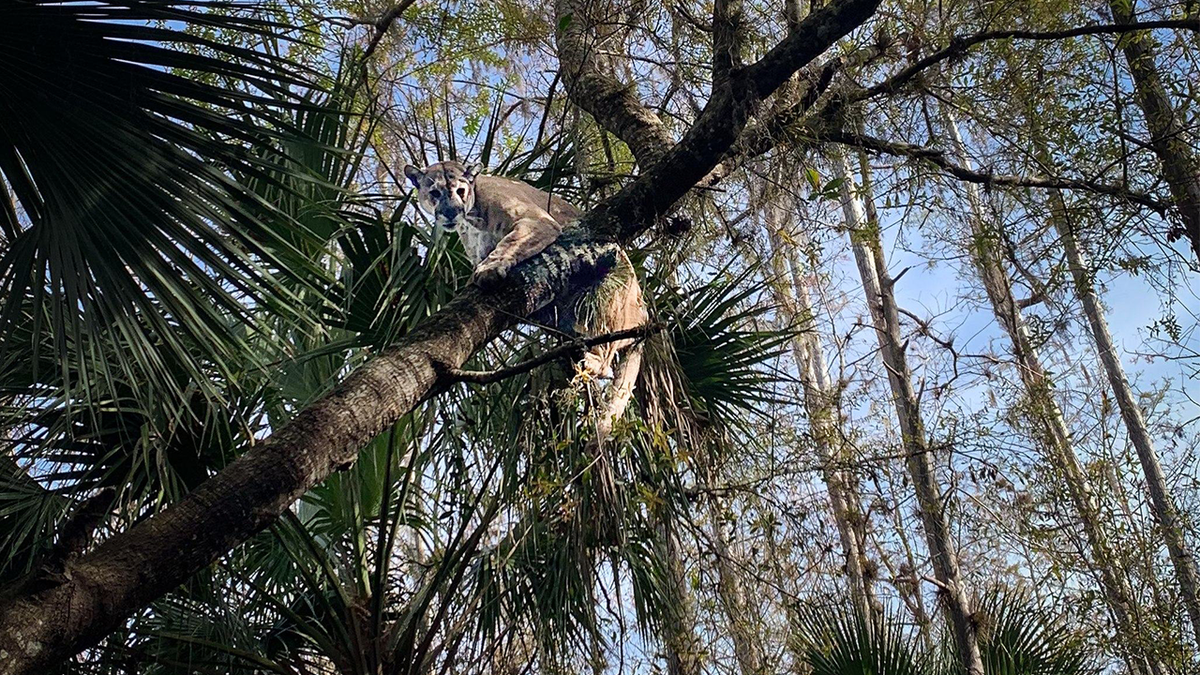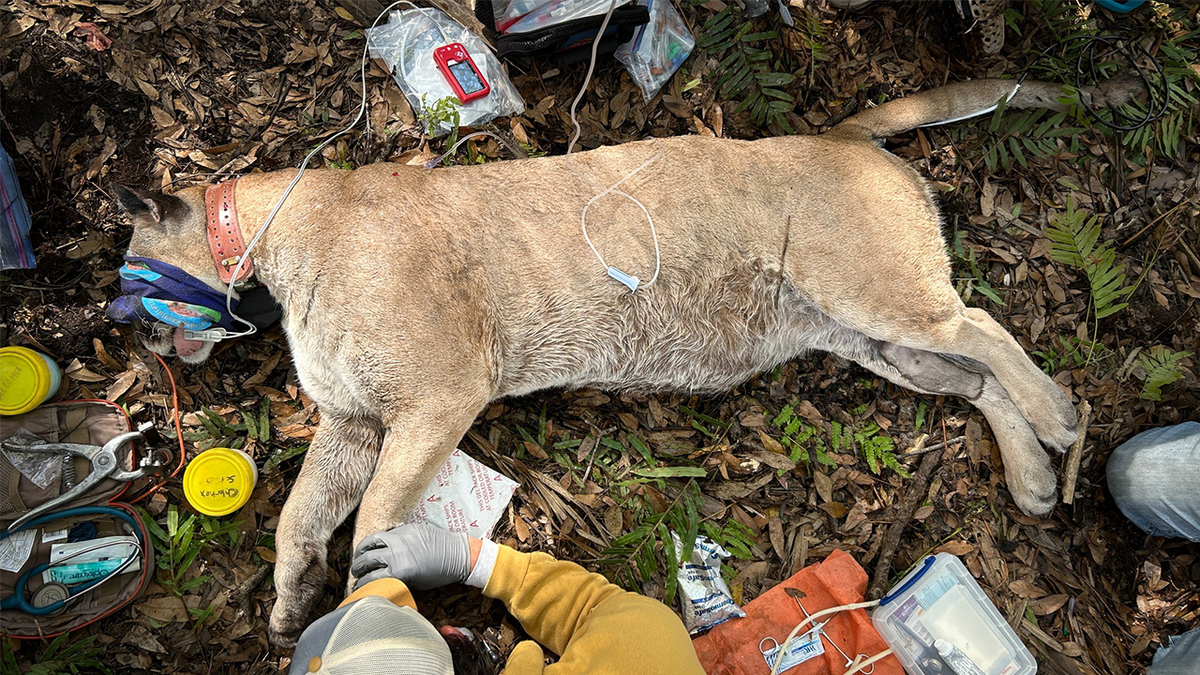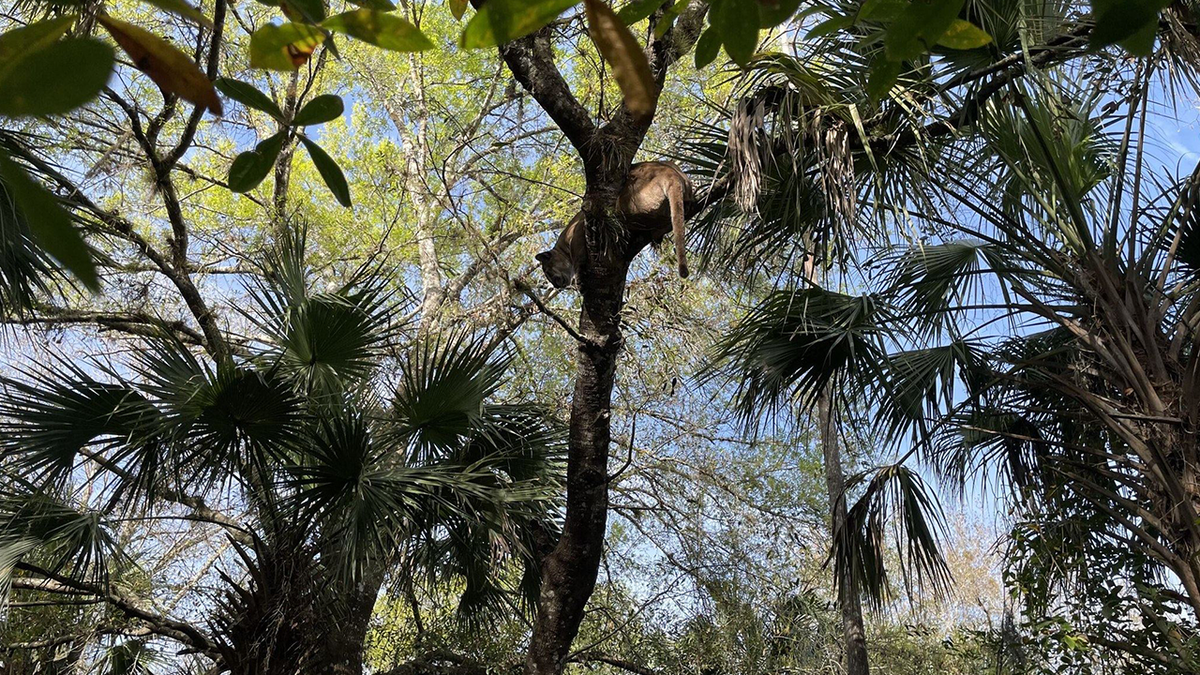Wildlife researchers in Florida recently captured and collared the largest panther ever documented in the state's history. This male panther, tipping the scales at an impressive 166 pounds, significantly exceeds the typical weight range of 60 to 160 pounds observed in adult Florida panthers.

The Florida Fish and Wildlife Conservation Commission (FWC) orchestrated the capture as a component of their ongoing research initiative focused on understanding panther movements, health, and population dynamics. After fitting the panther with a tracking collar, researchers performed a thorough health evaluation, including blood work and tissue sample collection for genetic study. The panther was then safely returned to its natural habitat.

These tracking collars are invaluable tools for scientists, providing insights into panther behavior, including movement patterns, survival rates, reproductive habits, and habitat utilization. The FWC emphasizes that the data collected is crucial for developing effective, science-driven management strategies essential for the recovery of this endangered species.

The Florida panther, one of only two wildcat species native to Florida (the other being the bobcat), is classified as critically endangered. With an estimated population of just around 200 individuals, according to the Everglades Foundation, this magnificent creature remains a conservation priority.








